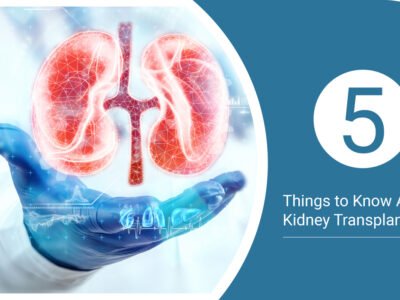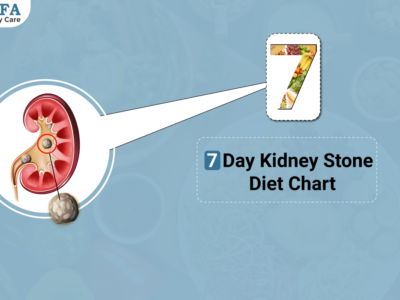Kidneys in our body perform multiple fundamental tasks. The reason to call these tasks fundamental is because most of the other functions that take place in our body are attached to these tasks. That is why the kidney is known to be important even among the most vital organs. Some fundamental tasks done by kidneys are filtering waste products from the blood and helping to excrete this waste as urine, regulating the amount of electrolytes and fluid in the body, maintaining blood pressure levels of the body, etc. one of the primary consequences of damage to the kidney is the accumulation of the waste in the blood leading to various symptoms that are attached to the most dangerous diseases of the human body. There are different categories of doctors that deal with different problems of the kidney but in some cases when the kidney is damaged extensively, all the categories of doctors work together for the betterment of the patient.
When the kidney disease progresses, for example in CKD, a point reaches when the kidneys become unable to satisfy even the minimum filtration of blood needed by the body. The patient in this case is said to be suffering from end-stage renal disease. At this point of disease, if both kidneys are involved, the body of the patient demands the assistance of some means to carry out this vital task of blood filtration.
The doctors, in most cases, put the patients on a procedure known as dialysis until the situation is optimum to perform kidney transplantation. In the most common type of dialysis, the blood of the patient is taken out of the body by a tube and is passed through a machine known as a dialyzer. After that, the purified blood is put back into the body through the tube that leaves out of this artificial kidney. Through this procedure, the patient is prevented from the accumulation of waste in the body.
Kidney Transplantation
It is always said by experts that dialysis is only a bridge between end-stage renal disease and kidney transplantation. As already said dialysis cannot be a permanent treatment of kidney disease but is only a temporary procedure until the situation is right for the patient to get kidney transplantation. In kidney transplantation, a healthy and functional kidney is taken out of the body of the donor and put into the body of the patient. The donor of the kidney can be dead or alive. Kidney transplantation is the only option for patients like these, but it is not as efficient and without complications as the natural kidney of the body is. Therefore, one should be aware of the advantages and disadvantages that a transplanted kidney brings with it for the patient.
Advantages of Renal Transplantation
A better option than dialysis: When we compare the life of a patient of kidney disease on dialysis and gone through kidney transplantation, renal transplantation brings a more stable life. The kidney replacement gives the patient an opportunity to have a close to good quality of life where the patient can perform less excruciation tasks.
More open diet than dialysis: It is obvious to know that having an original kidney can always functionally gives you the opportunity to have foods that you cannot eat when you are dependent on the procedure of an artificial kidney. Although there still are restrictions in the diet for transplanted kidneys, one can still feel freer than he/she is on dialysis.
Chances to live more: kidney transplantation is only done if the practitioner feels that you have an appropriate body for this procedure. Your eligibility for transplantation is determined by an evaluation done on you before the procedure. If you happen to be an eligible patient, there are chances that your life extends up to 10 years after transplantation.
Disadvantages of Kidney Transplantation
- It is very hard to find a healthy and suitable kidney donor
- Many people happen to be suitable for kidney replacement
- The kidney replacement procedure is an open surgery-based process
- There is always a risk of some complications during surgery, such as allergy
- After kidney transplantation surgery, the patient must take medicine for their whole for a possibly longer life
- There are immense side effects, such as depression, that come along with these medications.
Conclusion
Despite the presence of disadvantages in kidney replacement surgery, it happens to be the only survival option for many patients. If you are under the supervision of expert doctors with proper experience, it is more likely that you will have successful and efficient kidney transplantation. It is very important for every advice your doctor has given you for the preparation of a kidney transplant as well as for the recovery. To get in touch with leading nephrologists and other kidney-related practitioners, contact Alfa Kidney Care.


